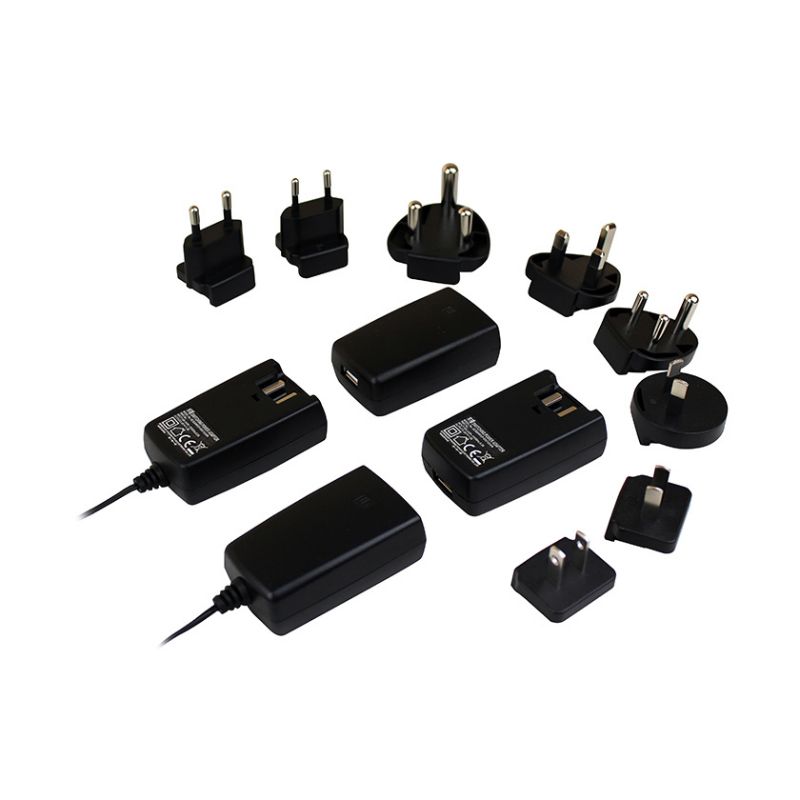Medical grade USB-C power supplies are designed to meet the stringent safety and performance requirements of the medical industry. Here's how they are applied in specific industries and the benefits they offer:
Universal Ease of Use:
Medical grade USB-C power supplies, like those from Phasium, offer a standard USB-C connector with power delivery (PD), which simplifies the charging process for a variety of medical devices. This universality reduces the need for multiple power adapters, making it easier for medical staff to manage equipment.
Compliance with Medical Standards:
These power supplies comply with the USB and USB PD standards, ensuring safety and compatibility. They also meet the TUV Safety Approval to IEC 60601-1, which is a critical standard for medical electrical equipment. This standard ensures that the power supply is safe for use in medical applications where patients may be connected to the equipment.
IP Rated Enclosures:
Medical grade power supplies often feature IP rated enclosures, such as IP22, which provide protection against solid objects and limited ingress of water. This is important in medical environments where the risk of contamination is high.
EMC Compliance:
They are compliant with the 4th edition of EMC standards, which is essential for ensuring that medical devices do not emit or are susceptible to electromagnetic interference that could compromise their operation.
Reversible USB-C Output Plug:
The reversible nature of the USB-C plug reduces the risk of damage due to incorrect insertion, which is particularly beneficial in high-stress medical environments where speed and reliability are crucial.
High Power Density:
Medical grade power supplies often have a high power density, such as 5.63W/in³, which allows for compact designs that can be integrated into various medical devices without taking up excessive space.
Class I or Class II Construction:
These power supplies can be constructed as either Class I or Class II, which refers to the level of insulation and protection provided against electric shock. Class II devices offer double insulation, reducing the risk of electric shock even if one level of insulation fails.
Support for USB Versions:
They support USB 2.0 & 3.0, ensuring compatibility with a wide range of medical devices that may use different data transfer speeds.
Warranty and Reliability:
A 3-year warranty is often provided, indicating the manufacturer's confidence in the reliability and quality of the medical grade power supply.
Specific Medical Applications:
Medical grade USB-C power supplies are used in a variety of medical applications, including diagnostic equipment, medical monitoring devices, laboratory instruments, and home patient care equipment. For example, they can be used in heart and blood pressure monitors, surgical lasers, and diagnostic ultrasound equipment.
Energy Efficiency:
Some medical grade power supplies meet the Department of Energy (DoE) Level VI efficiency standards, which means they use less energy and contribute to greener hospital operations.
Temperature and Altitude Tolerance:
They can operate in a wide range of temperatures and at high altitudes, making them suitable for use in various environmental conditions that may be encountered in different medical facilities.
Long-term Reliability:
With an MTBF (Mean Time Between Failures) of 300,000 hours at full load and 25°C ambient, these power supplies are designed for long-term reliability, which is essential in medical settings where downtime can be critical.
These applications and features demonstrate the importance of medical grade USB-C power supplies in ensuring the safety, reliability, and efficiency of medical devices in various healthcare settings.







